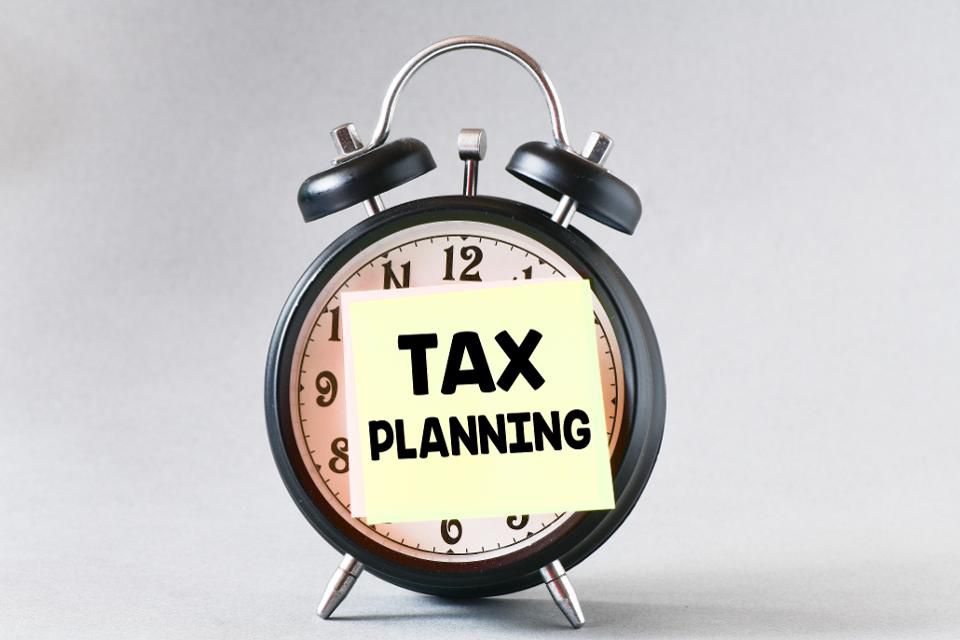With summertime here, tax planning is probably one of the last things on a small business owner’s mind. Putting it off till the last minute could create problems and additional costs, so now is the time to start planning. Here are some ideas to get you started.
Plan For Upcoming Tax Breaks. Has your 2018 tax return changed as it relates to income, deductions and credits? Will you be able to take advantage of these breaks for 2019? Ask yourself questions like the below:
- Are you expecting more income that will bump you to a higher tax rate?
- Will increased income cause a benefit to phase out?
- Will any of your children outgrow a tax credit?

Make Smart Investment Decisions. Did a “can’t miss” stock miss? Do you have any short-term stocks fall in price? If so, selling them before you have owned them for a year, can offset ordinary income up to $3,000 for the current year. Let’s not forget about appreciated stocks that you have held longer than one year. They may be candidates for potential charitable contributions or possible choices to optimize your taxes with proper planning.
Adjust your retirement plan contributions. In 2019, maximum savings for retirement plans increased! If you have an IRA, you can contribute up to $13,000 to a SIMPLE IRA, up to $19,000 to a 401(k) and up to $6,000 to a traditional or Roth IRA. Remember to add catch-up contributions if you’ll be 50 by the end of December!
Plan for upcoming college expenses. The little ones grow up quick! Understanding the various tax breaks for college expenses before you start giving out your cash for post-secondary education will ensure the maximum tax savings. There are two tax credits available, the American Opportunity Tax Credit (AOTC) and the Lifetime Learning Credit. Plus there are tax benefits for student loan interest and Coverdell Savings accounts. Add 529 college savings plans, and you quickly realize an educational tax strategy is best established early in the year.
Add some business to your summer vacations . What? You want me to do business on my vacation? Well, a little. If you own a business, you might be able to deduct some of your travel expenses as a business expense. To qualify, the primary reason for your trip must be business-related. Keep detailed records of where and when you work, plus get receipts for all ordinary and necessary expenses!
Tax planning is not a last minute to-do thing! By starting now, you can plan to help lower your taxes and take a more proactive role in controlling your financial situation.
